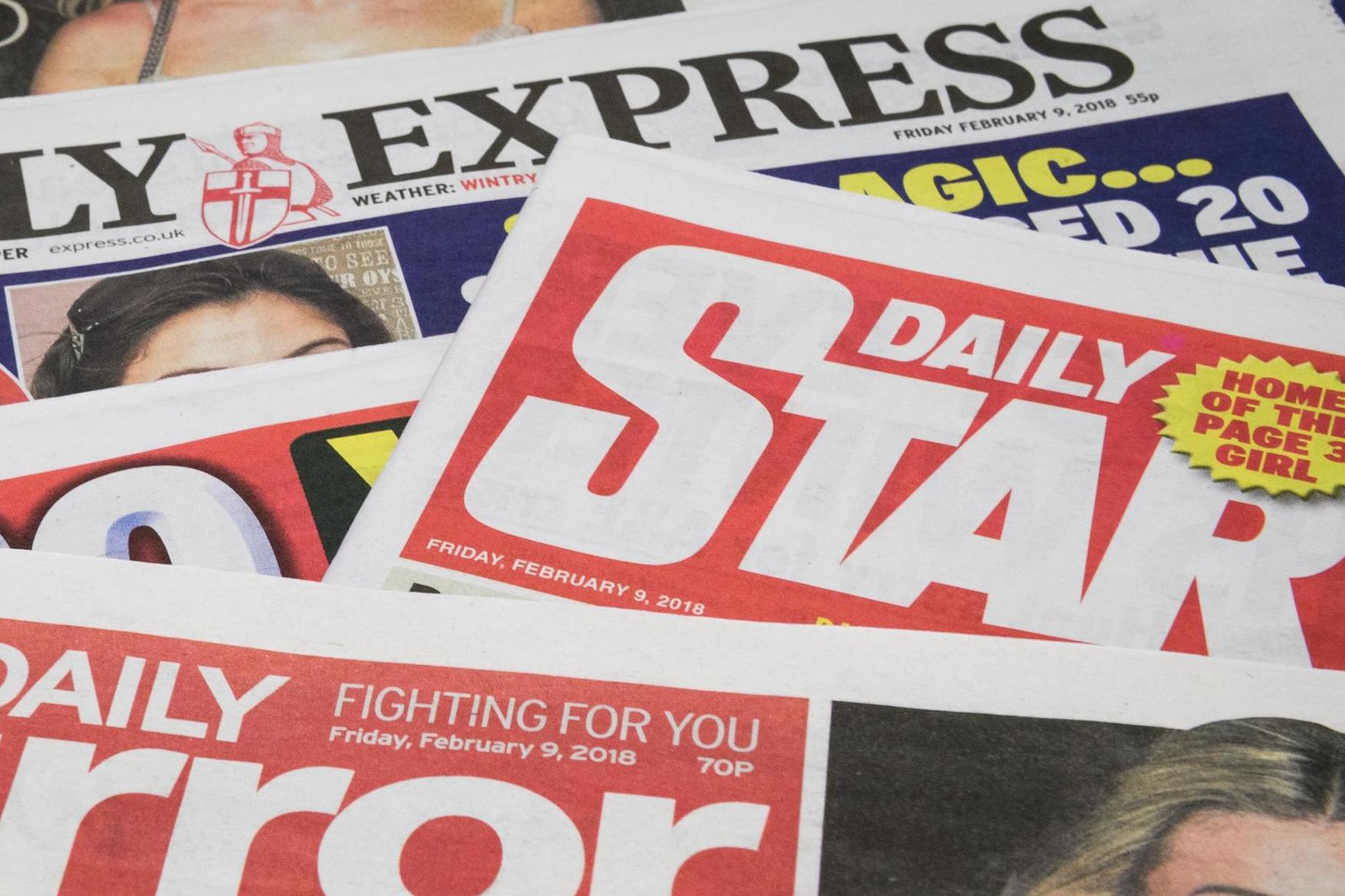Daily Star trialing ‘covered-up’ version of page 3
The newspaper implemented the change on 2 April

The Daily Star has temporarily stopped featuring pictures of topless women, marking a possible end to the controversial “Page 3 Girl” tradition.
In a statement, the newspaper’s editor Jonathan Clark explained that it had been testing out a new strategy for its Page 3 format since 2 April.
“The Daily Star is always looking to try new things and improve,” Clark said.
“In that spirit, we’ve listened to reader feedback and are currently trialing a covered-up version of Page 3.”
The publication will continue to have a page dedicated to featuring young women, but they will appear in either lingerie or swimwear as opposed to being topless.
Friday’s edition, for example, features a 21-year-old woman named Brook wearing lingerie. The page also includes an advertisement for future “Page 3 Girls” that encourages applicants to send “bikini pictures” to one of The Daily Star‘s photographers via email.
The newspaper’s announcement comes four years after The Sun abolished its Page 3 Girl feature, something it had maintained for 40 years.
The decision received widespread praise from activists and politicians, including MP Caroline Lucas, who had been calling for tabloids to axe the tradition via the “No More Page 3” campaign that was founded by actor and writer Lucy-Anne Holmes in 2012.
The then-education secretary Nicky Morgan described The Sun‘s decision as “long overdue”. It meant that The Daily Star was the only remaining mainstream newspaper with a Page 3 feature.
At the time, the Star responded by defending its commitment to publishing photographs of topless women.
“The Daily Star is proud to continue the great British page 3 tradition,” the newspaper said in a statement.
“It brightens the day for our readers during tough times and has launched many successful careers.”
The statement went on to praise the “lovely, bright, talented and independent young ladies” on its pages, describing Page 3 as a great British custom akin to roast dinners and fish and chips.
“The Daily Star is about fun and cheering people up. And that will definitely continue!” it concluded.
While The Daily Star has not yet revealed whether the changes to its Page 3 feature will be permanent, news of the trial has been praised on social media, with many describing it as a good thing for young women.
“Some people have only just noticed how weird it is to have half the population displayed for consumption,” tweeted one person.
Meanwhile, Girlguiding, the UK’s leading charity for girls tweeted: ”We hope this means the end of an era”.
Join our commenting forum
Join thought-provoking conversations, follow other Independent readers and see their replies
Comments
Bookmark popover
Removed from bookmarks